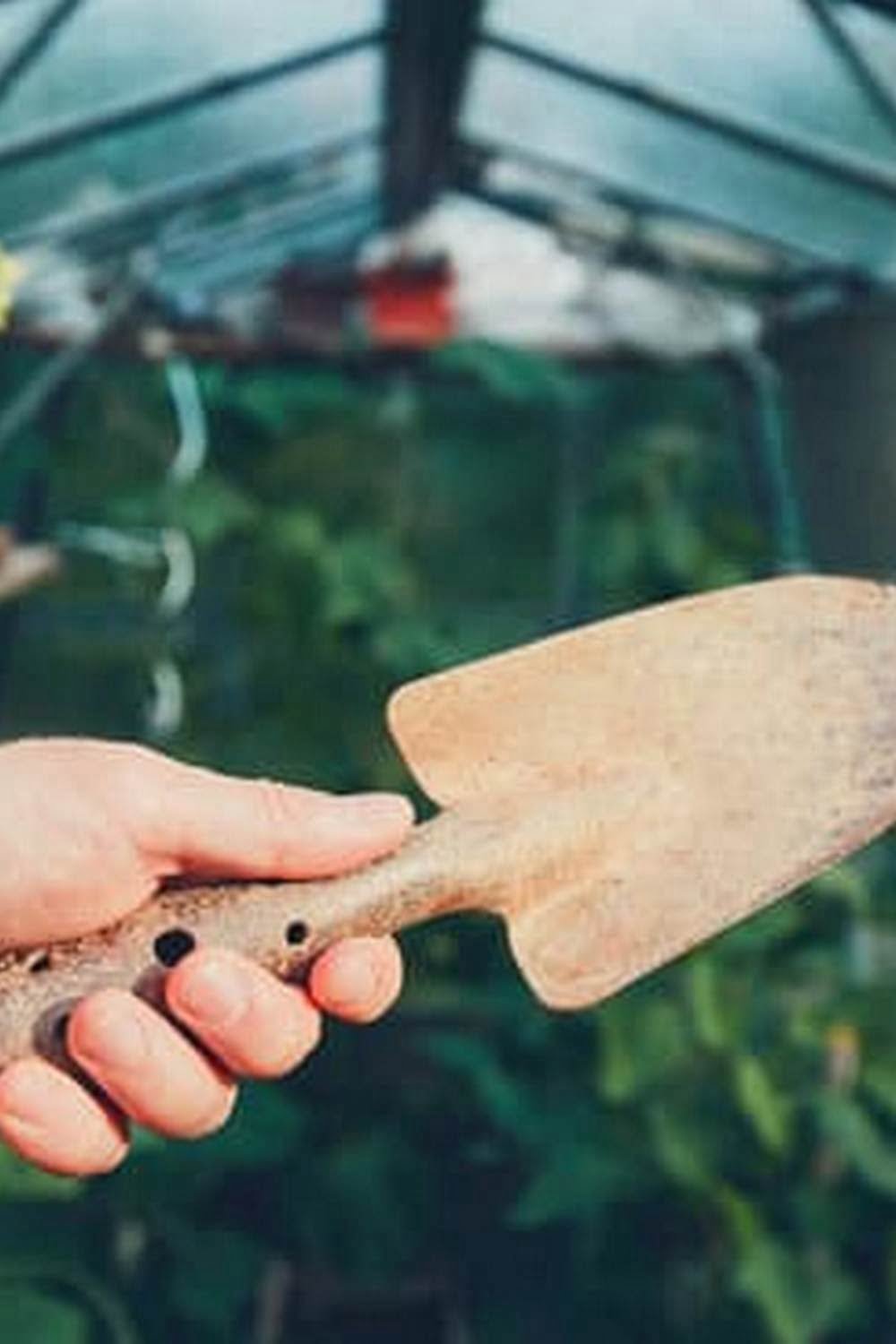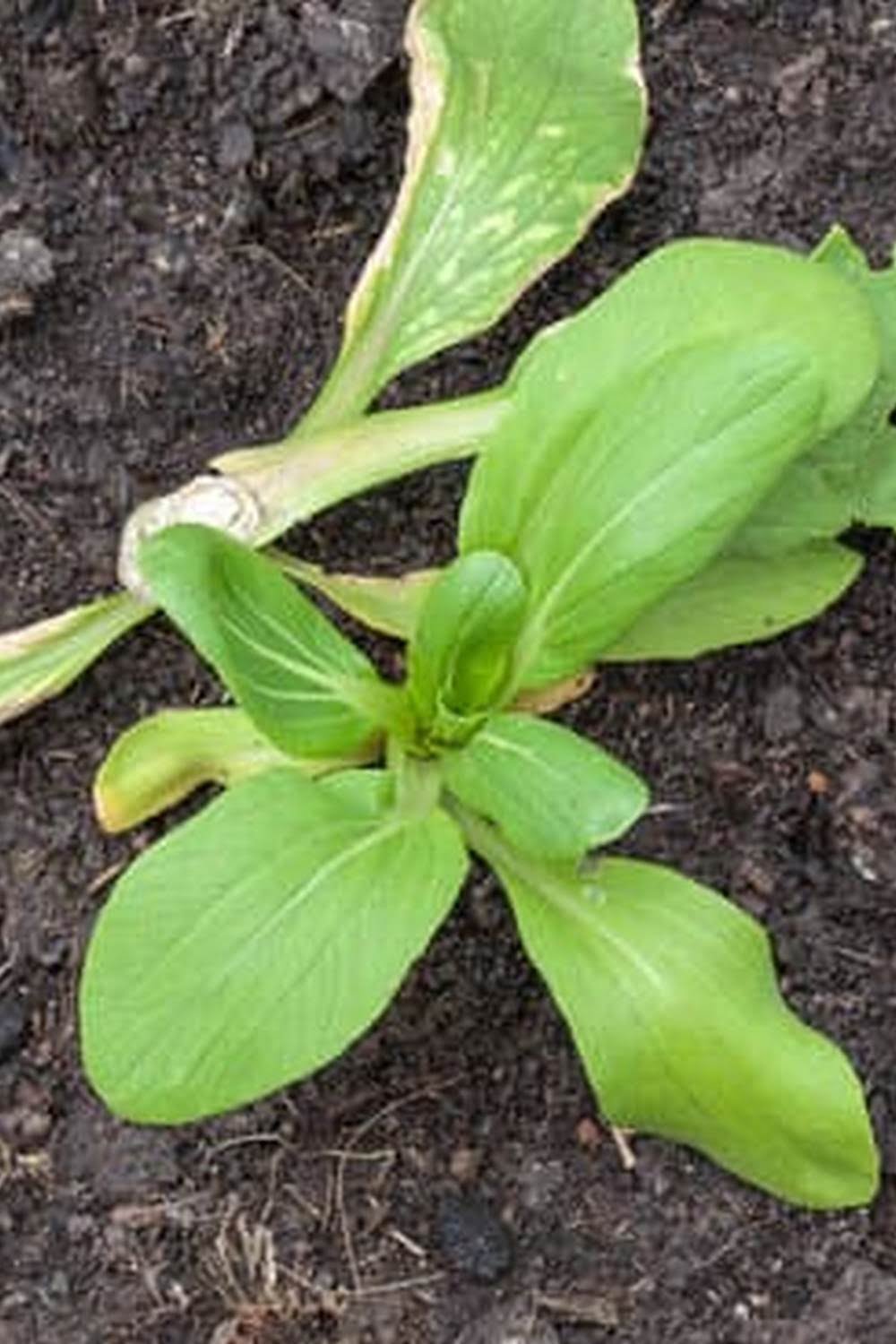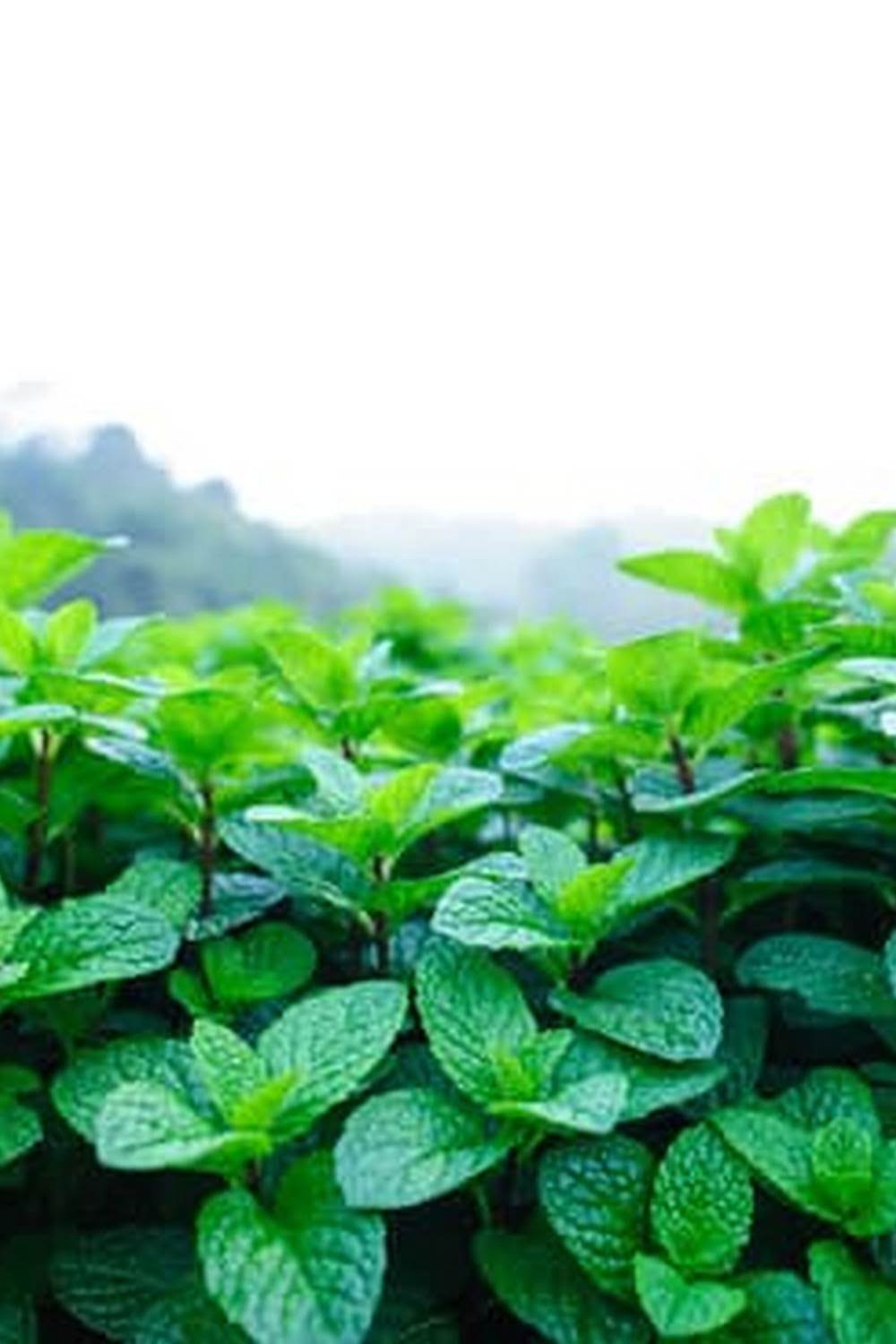The Best Vegetable Garden Soil
The best vegetable garden soil is the type that is rich in organic matter. This type of soil is known for its ability to hold moisture and nutrients, as well as its ability to provide a good environment for microorganisms.
If you are looking to improve the soil in your vegetable garden, you can do so by adding organic matter to it. This can be done by adding compost, leaf litter, or manure to the soil. You can also add organic matter by growing green manures.
If your soil is not very rich in organic matter, you may need to add more than just a few inches of organic matter to make a difference. You may also need to add organic matter on a regular basis, as the organic matter will decompose over time.
If you are not able to improve the soil in your vegetable garden by adding organic matter, you may want to consider growing your vegetables in containers. Containers can be filled with a type of soil that is specifically designed for vegetables.
Soil Amendment For Vegetable Garden
ers
Soil amendment is the process of improving the quality of soil by adding organic or inorganic materials. This is important for vegetable gardeners, because healthy soil means healthy plants. There are many different types of soil amendment, but the most important are organic matter and compost.
Organic matter is anything that was once alive, such as leaves, grass clippings, or manure. It helps to loosen the soil and improve its structure, which makes it easier for plants to grow. It also helps to retain water and nutrients, which keep plants healthy.
Compost is made from organic matter that has been broken down by bacteria and fungi. It is a rich source of nutrients, which helps plants to grow healthy and strong. Compost also helps to improve the soil structure, and it can be used to suppress diseases and pests.
Soil amendment is important for all vegetable gardeners, but it is especially important for those who are starting a new garden. New gardens often have poor soil quality, which can be improved by adding organic matter and compost.
How To Prepare A Garden Soil For Planting Vegetables
The quality of the soil in your garden is important for growing healthy vegetables. A soil test can help you determine the pH and nutrient levels of your soil, and then you can take the necessary steps to amend the soil as needed. Here are some tips on how to prepare a garden soil for planting vegetables:
1. Add organic matter to the soil. Organic matter such as compost, manure, or leaf litter helps to improve the structure of the soil and its ability to hold water and nutrients. It also helps to increase the soil’s ability to provide oxygen to the roots of plants.
2. Add lime to the soil if it is acidic. A soil pH of 6.5 is ideal for growing vegetables. If the pH of your soil is below 6.0, add lime to the soil to raise the pH.
3. Add fertilizer to the soil. A soil test can help you determine the nutrient levels in your soil, and then you can add the appropriate fertilizer. Vegetables need nitrogen, phosphorus, and potassium to grow healthy and yield a good crop.
4. Till the soil. Till the soil to a depth of at least 8 inches to improve the structure of the soil and to incorporate organic matter and fertilizer into the soil.
5. Test the soil pH. Test the soil pH every year to make sure that it is in the correct range for growing vegetables.
Sea Green Garden And Vegetable Soil
When you garden, the health of your plants depends largely on the quality of your soil. Good soil is rich in organic matter, which provides nutrients and helps to retain moisture. It also has a good structure, which allows air and water to circulate and helps to keep the soil cool in summer and warm in winter.
If your soil is not in good condition, you can improve it by adding organic matter such as compost, mulch, or peat moss. You can also add soil amendments such as lime or sulfur to adjust the pH level, or sand or gypsum to improve the soil’s structure.
But what if your soil is already in good condition, and you want to grow vegetables? In that case, you can add a layer of organic matter to the top of your soil to provide nutrients and help retain moisture. A layer of mulch will also help to keep the soil cool in summer and warm in winter.
If you’re growing vegetables in containers, you can also add a layer of organic matter to the top of the soil. This will help to keep the soil healthy and provide nutrients for your plants.
So if you’re looking for a good soil for your garden, or if you want to improve the soil in your garden, try using a soil mix that is high in organic matter, such as sea green garden and vegetable soil.
How Long Do Pesticides Stay In The Soil Vegetable Garden
?
Pesticides are chemicals that are used to control pests, or organisms that can damage crops. They can be used on crops while they are growing, or after they are harvested. Some pesticides are sprayed on crops, some are applied as a dust, and some are used in water.
Pesticides can be harmful to people, animals, and the environment. They can cause health problems if they are eaten, or if they are breathed in. They can also kill helpful insects, and contaminate water supplies.
Pesticides can stay in the soil for a long time. They can be taken up by the plants, and can also be washed into the groundwater. Some pesticides can also be blown away by the wind.

If you’re looking to get into vegetable gardening, or are just looking for some tips on how to make your current garden better, then you’ve come to the right place! My name is Ethel and I have been gardening for years. In this blog, I’m going to share with you some of my best tips on how to create a successful vegetable garden.





